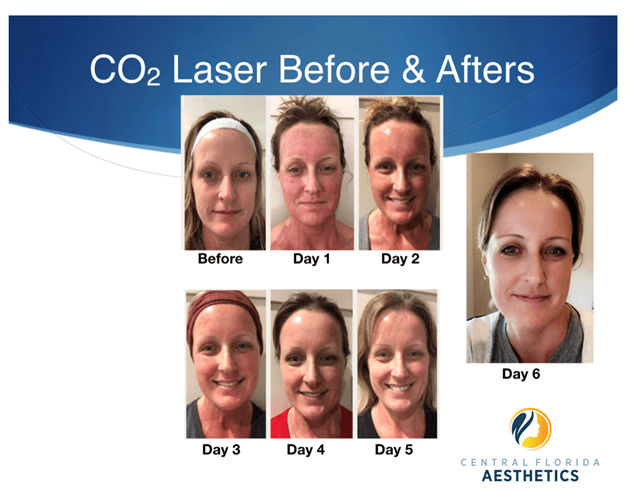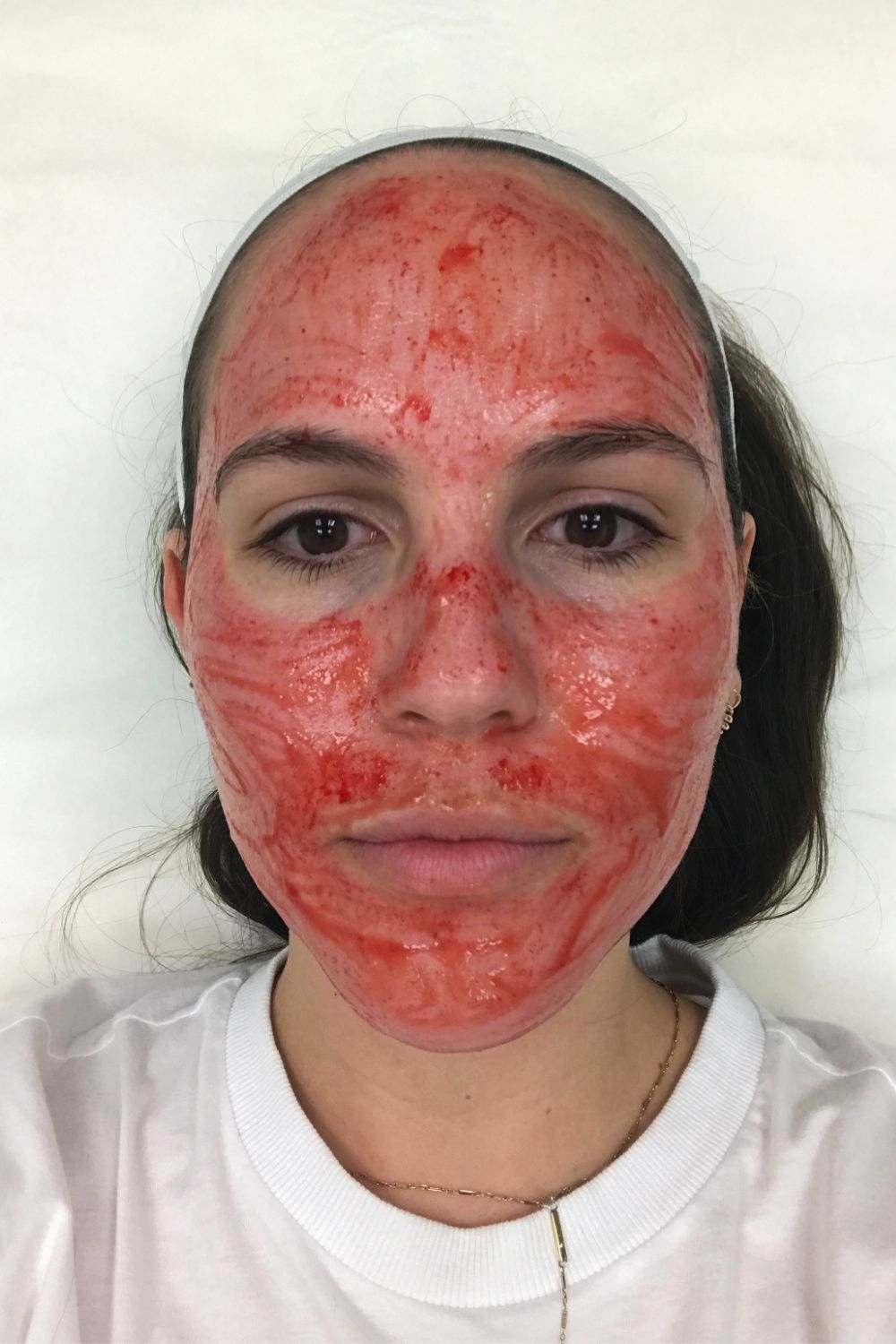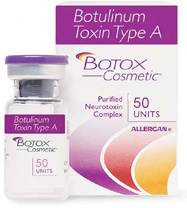
There are many causes of eye twitches, but most of them are harmless. Some people experience eye twitches from a lack in certain nutrients, such as magnesium or B12. Avocados, spinach, salmon, and bananas are all rich in vitamins. Getting the recommended daily allowance of these vitamins and minerals can prevent eye twitching. Other causes of eye twitches include stress and nutritional deficiencies.
Botulinum toxin
Anyone can experience Blepharospasm or involuntary closure of the eyeslids. It affects both the eyes equally and is benign with no known cause. Botulinum toxin injections can be used to effectively treat the condition. In Australia, this toxin is sold under the brand names Botox and Dysport.
While the toxin can be safely injected and approved by FDA, there are some side effects. Common side effects are eye irritation and discomfort. The toxin can blurred vision, corneal damage and cause blurred vision. The treatment will last for about 3 months and is a temporary solution. Patients are encouraged to use eye drops and an LED keyboard as part of their treatment.

Reducing stress
Eye twitching can be reduced by reducing stress and caffeine intake. In addition, eye twitching may be a sign of a complication like essential blepharospasm or hemifacial spasm, which can interfere with your ability to see clearly and make it difficult to perform activities. If your twitching is too severe, however, you should consult a doctor.
Emotional fatigue and exhaustion can also cause eye twitching. Get plenty of rest. You also need to engage in regular physical activity, like yoga and brisk walking. You can also benefit from staying hydrated, and taking part in stress-relieving hobbies. Avoid caffeine and soda as they can cause eye twitching. It's also a good idea NOT to drink caffeine or alcohol.
Natural remedies
There are natural remedies for eye twitching that can be done by simply splashing cold water on your eyes or turning away from electronics. You can also reduce eye stress by using the palming technique. Applying eucalyptus oil or warm water to your eyelids while you twitch your eyelids can also help. Eye twitching can be relieved by drinking 8-10 glasses water per day.
Inflammation in the eyelid is another common cause of eye twitching. The symptoms of eye twitching include redness, swelling, and crusty eyelids. It is possible to avoid blepharitis through good eye hygiene practices and avoiding eye strain. Also, avoid rubbing your eyes excessively. To minimize inflammation, avoid contact with contact lenses and irritants.

Calling an Eye Doctor
An eye doctor can be helpful in stopping eye twitching. If you believe the twitches that you are experiencing are related to a health condition, then you should see a physician. In many cases, the condition will go away on its own. The twitches in some cases can be very damaging. In such cases, you should visit an eye physician.
While eye twitching is a normal part of growing older, if the condition becomes too severe, it could be a sign of something more serious. You should consult a doctor immediately if you have recently sustained a facial injury, or if you are experiencing double vision. While eye twitching can be mild and not necessarily serious, if it continues, it is worth seeing a doctor.